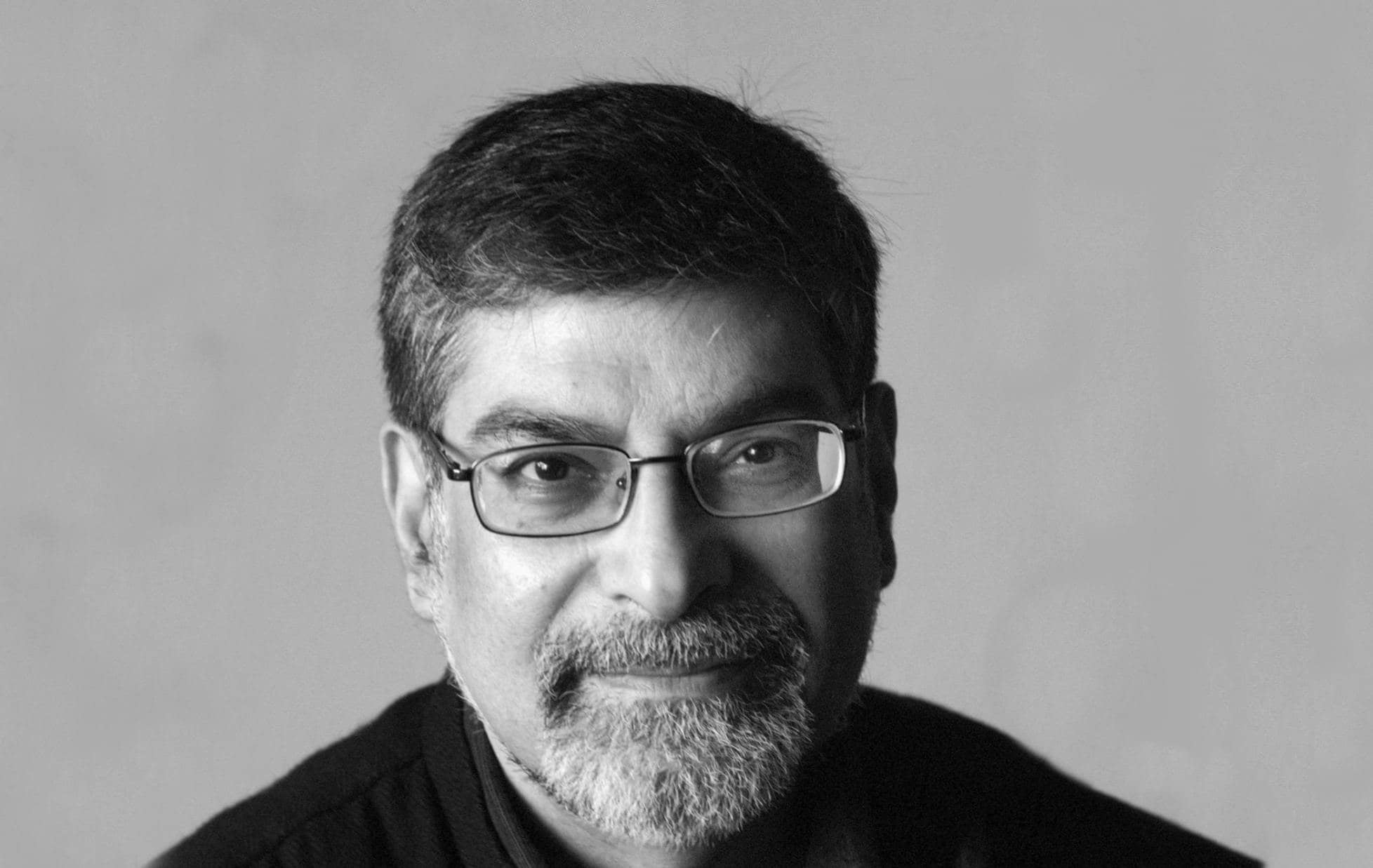EASTAP Award Ceremony // Rustom Bharucha

EASTAP AWARD CEREMONY
27 February // 11.00-12.00
Arena del Sole Theatre (Sala de Berardinis) – Bologna
Plenary session
Rustom Bharucha – Theatre Director and Dramaturg, India
Between Intercultural Pasts and Futures: Potentialities of Theatre in the Present
Chair: Josette Féral
This lecture will focus on the intersection of interculturality and decoloniality with specific reference to theatre and performance in Europe between the 1970s to the present moment. Drawing on an earlier history of intercultural performance marked by its turn to the East through a selective use of non-Western materials and practices, the lecture will move into the more volatile controversies of representing refugees and indigenous peoples in European theatre today. While the earlier trajectory of intercultural performance has been well documented through a critique of the decontextualization and appropriation of non-Western cultures, the more recent manifestations of overrepresenting – or excluding – marginalized communities and non-citizens in Europe open up an emergent discourse around issues relating to equity, democracy, and entitlement. For the framing of decoloniality, which challenges the earlier liberal-democratic critiques of interculturality, the lecture will draw on the writings of Walter Mignolo and Catherine Walsh, whose focus on the “coloniality of power” in relation to capital, race, labor, and technology catalyzes new insights into the continued power relationships of ostensibly liberal-radical experiments in contemporary European theatre. In this impasse of unresolved tensions, what are the potentialities that can be tentatively articulated to negotiate differences burdened by intercultural insensitivities, both past and present? How can theatre open itself to the demands for social justice that are increasingly felt in the public domain? And what hope is there for creating Third Spaces in the embattled battleground of mainstream and community theatre institutions, which can mediate differences to arrive at a new understanding of civility and shared responsibility in reinventing the dominant modes of theatrical production in our times?
Biography
Rustom Bharucha trained as a dramaturge at the Yale School of Drama from where he received his Doctor of Fine Arts in Dramatic Criticism. Over the years he has travelled widely and intervened in different global forums as scholar, director, dramaturge, workshop coordinator, and cultural activist. Among his diverse interventions he has worked as Project Director for Arna Jharna: The Desert Museum of Rajasthan focusing on traditional knowledge systems; as dramaturge for the Tangencya public art project in Durban, South Africa, on the politics of touch; as Artistic Director for three Ramayana Festivals at the Adishakti Theatre Laboratory in Pondicherry; as consultant for the Artography project of Ford Foundation on diversity in the arts in the United States and for the Arts Council, Dublin, on cultural policy relating to diversity. As a scholar, he has intervened widely in the areas of interculturalism, secularism, the question of faith, oral history, and the politics of terror. Some of his numerous publications include Theatre and the World, The Politics of Cultural Practice, The Question of Faith, In the Name of the Secular, Rajasthan: An Oral History, Another Asia: Rabindranath Tagore and Okakura Tenshin, Terror and Performance, and Performing the Ramayana Tradition: Enactments, Interpretations, and Arguments, co-edited with Paula Richman, which will be published soon. He is a former Fellow of the International Research Centre/Interweaving Perfor- mance Cultures in Berlin. Recently retired as Professor of Theatre and Performance Studies from the Jawaharlal Nehru University, New Delhi, he is now pursuing new dramaturgical challenges, notably a forthcoming, inter-Asian production of an episode from the Mahabharata commissioned by the Esplanade in Singapore.








